Turn any article into a podcast. Upgrade now to start listening.
Premium Members can share articles with friends & family to bypass the paywall.
The recent all-out assault on free speech by the Trump administration and its allies has some of my friends in the business grumbling about the fact that the United States has no national “shield law” giving journalists certain kinds of legal protections, mainly having to do with being compelled to disclose sources or being subjected to various kinds of electronic surveillance. But shield laws are the wrong policy.
The most recent attempt to pass such a law failed in the Senate last year, not because Senate Republicans thought through the issue carefully but because Donald Trump demanded it be killed. Trump probably does not understand the law, but he knows he hates journalists. Even the doggie-vitamin salesmen who play journalists on Fox News annoy him from time to time—a true-blue Trump sycophant can never be abject enough.
But a federal shield law (there are many state-level versions) was a bad idea before Donald Trump and it is a bad idea now—not because of the proposed shield or shields per se, but because it raises the question of who is to be protected by such a law and implies a government power to make that decision.
Deciding, as someone must decide, that a journalist’s shield law applies to Smith but not to Jones amounts to the licensing of journalists. And who hands out the licenses? If not the courts on a case-by-case basis (in which case what you have is not a shield law for journalists but a widely applicable general legal principle, which is distinctly different) then it will certainly be some agent of government in the executive branch—i.e., precisely the people who have the strongest incentive to prevent journalism from being done competently … or at all.
I wonder if my journalist friends have meditated on the question of which member of the Trump administration should have the power to determine who counts as a journalist when it comes to the application of federal law—Pam Bondi, the perky Wilhelm Stuckart of free-speech law? J.D. Vance and Stephen Miller, the Schultz and Klink of that filthy little Stalag 13 they’ve built on the Potomac? Marco Rubio, the Dick Sargent of Elmer Gantries? Or Donald Trump, the J. Wellington Wimpy of Elagabalus epigones, a weepy little man-child who wants to make it a crime to hurt his precious presidential feelings?
Effectively licensing journalists would likely have consequences far beyond relatively narrow and rarely encountered issues of legal procedure. For example: Most commercial printers require newspapers, book publishers, and other clients to carry legal-liability insurance that covers libel, invasion of privacy, and other torts. Printers are not the only service providers who may require such insurance. One suspects that insurers will have at least some interest in whether the insured party is covered by a national shield law. (NB: Insurance pricing is complicated.) And if they are not interested, it is not very difficult to imagine that the levers of government could be pulled in such a way as to force their interest, as the attorney general of New York did by pressuring banks and insurance companies to deny financial services to the National Rifle Association, as the state of Minnesota has done by pretending that disagreements about climate policy are securities fraud, etc.
A power given to the state is a power that is going to be abused, period—no, that isn’t a brief for anarchism, it is an argument for not creating unnecessary new powers. G.K. Chesterton’s rule applies to the building of new fences as much as to knocking them down.
The power to create arbitrary financial and practical disadvantages that burden unfriendly media outlets may not always rise to censorship in a formal sense, but, when the power is wielded with sufficient energy and amorality, it becomes effectively indistinguishable from ordinary censorship. Giving the federal government an opportunity to declare who is and who is not a journalist sets a precedent that raises possible legal threats far beyond the obvious short-term stuff. It is not difficult to imagine some punitive new national-security law—something along the lines of what Pete Hegseth is trying to establish on his own as a policy matter at Defense—that would criminalize publishing information the administration does not wish to see published, perhaps with a First Amendment fig-leaf in the form of a carve-out for government-recognized journalists, a category that could easily exclude critics of the administration.
And not just this administration—new powers tend to be long-lived. As George Orwell put it: “Journalism is printing something that someone does not want printed. Everything else is public relations.”
The Trump administration is not, at this juncture, very much interested in marginal cases. Trump is interested in—and digitally screaming about—weaponizing the federal government against his enemies, which include, in the media world, such targets as ABC, the New York Times, and Facebook. One of the reasons Republicans have turned against Section 230 of the woefully misnamed Communications Decency Act is that gutting it would open up platforms such as Facebook to the kind of baloney litigation Trump has used to cow such gutless corporate megaliths as Paramount (60 Minutes) and ABC News, both of which did the cause of a free press a major disservice by cynically paying off Donald Trump as a cost of doing business.
What’s needed isn’t a shield law—what’s needed is some guts, especially on the part of those who can damned well afford to stand up for themselves. Amazon, to take one prominent example, allowed itself to get buffaloed into pulling a book that offended trans activists from its virtual shelves and then, a few years later, allowed itself to get buffaloed into reversing itself—why? Because its executives suddenly discovered some new conviction about free speech? No, because a few years ago, it was the trans mob that was the loudest and angriest pain in Amazon’s lower GI tract, and now it is the Trump mob. The principles of free speech and freedom of the press did not change in the intervening years—it was only the political winds that shifted. Every time a firm such as Paramount or ABC (with its chastening of Jimmy Kimmel) allows itself to be bullied by Trump and his sycophants, it puts itself and its peers at greater risk. L’appétit vient en mangeant.
I do not expect that anybody in Washington would be very much interested in applying ideologically neutral and intelligent standards to the question of shield laws. But, even if someone did try, the results would almost certainly be stupid and destructive. The question of what criteria might entitle someone to such protections already has produced such profoundly idiotic answers as possession of a journalism degree, as though they didn’t hand those damned things out from the bottom of a Cracker Jack box.
Reporters are not political representatives, but they should resemble legislators—at least, the ideal of a legislator—in one important way: They are not meant to be a class apart, mandarins of a special caste, but citizens working to advance certain public interests. What they need is not some special legal status—what they need is bosses with the balls to stand up to presidents, weaponized bureaucrats, social media mobs, and anybody else who would get in the way of the press doing its job.
What we need isn’t permission to do journalism but the conviction to do our jobs without anybody’s permission.
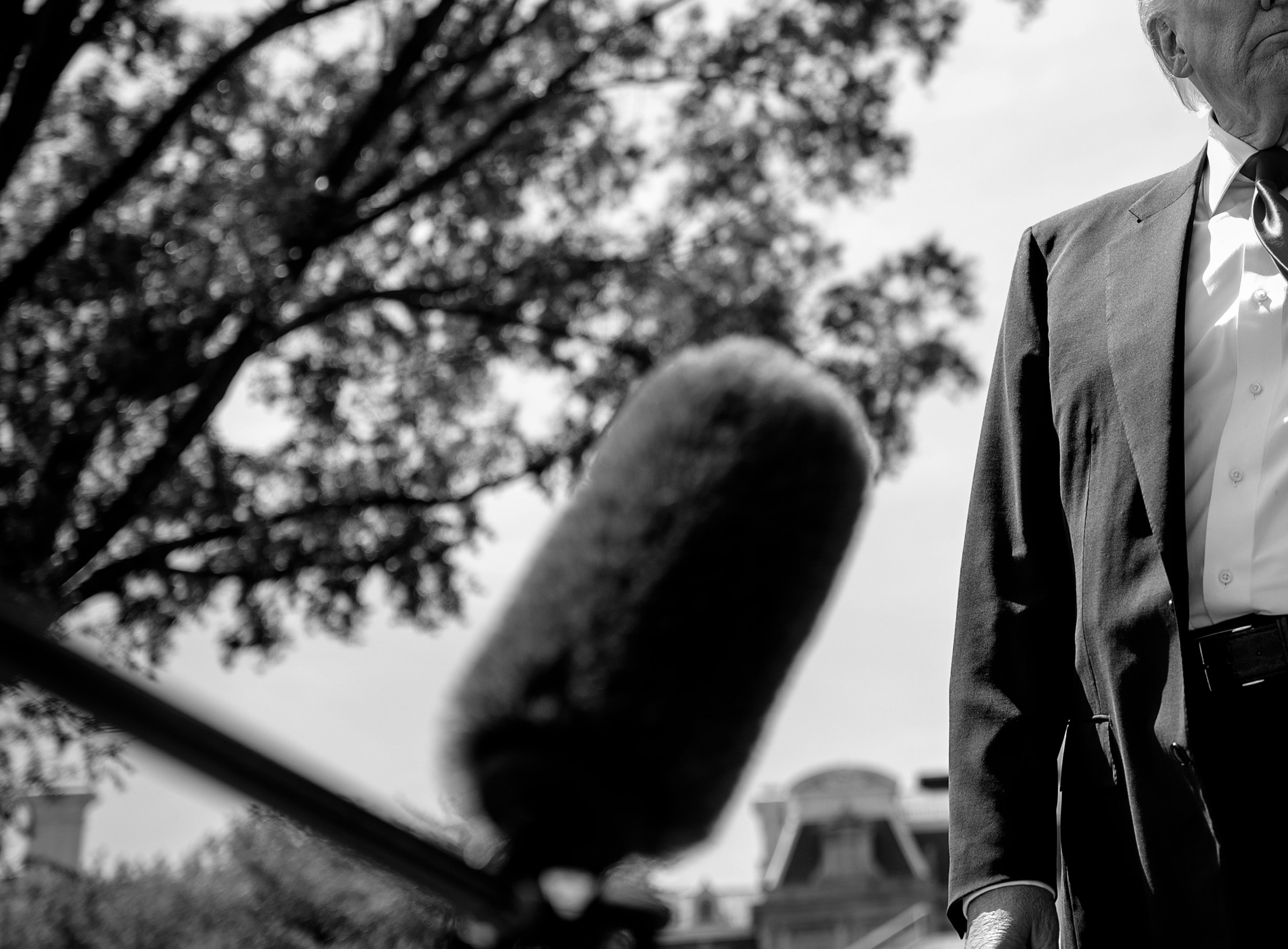

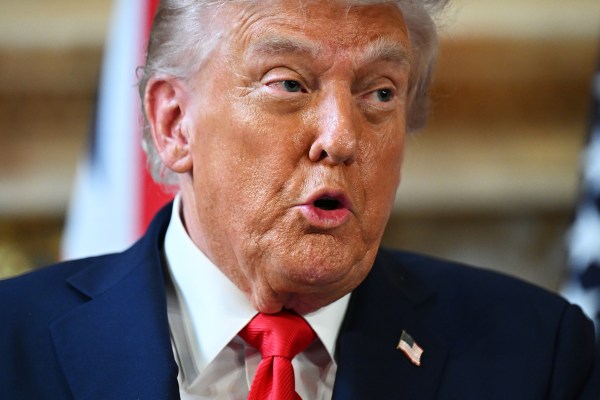
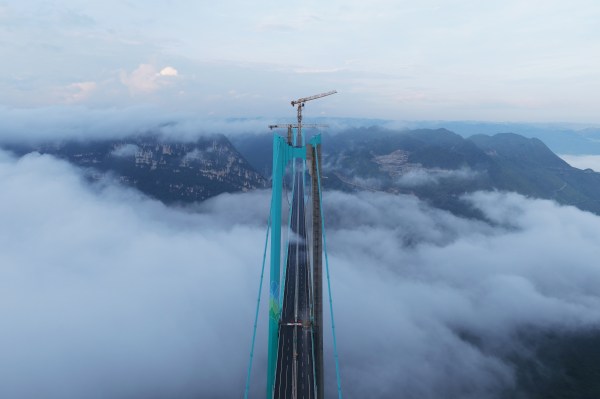
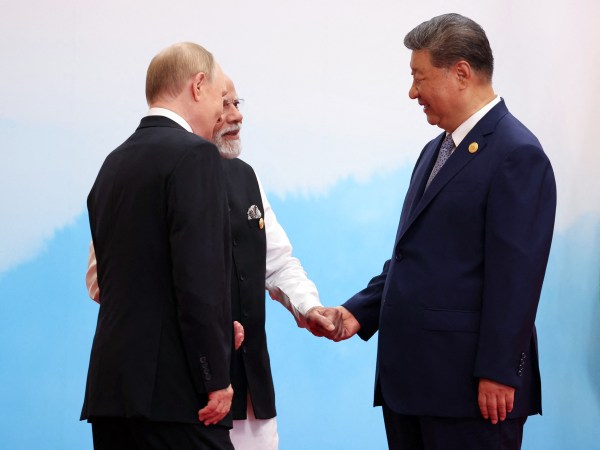
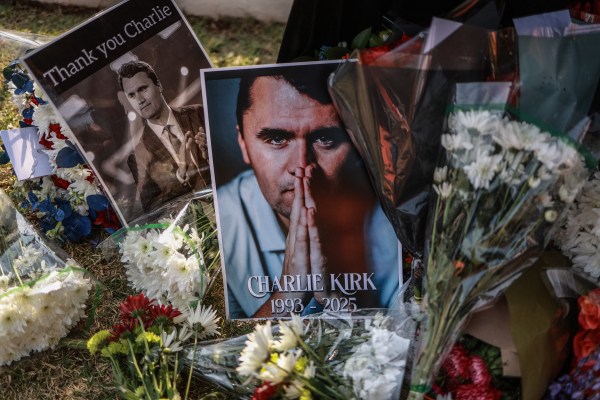
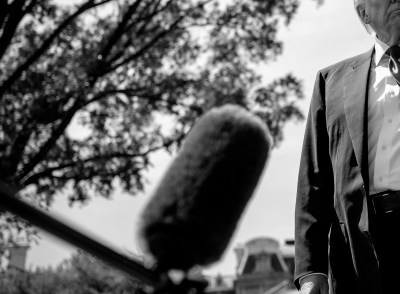
Please note that we at The Dispatch hold ourselves, our work, and our commenters to a higher standard than other places on the internet. We welcome comments that foster genuine debate or discussion—including comments critical of us or our work—but responses that include ad hominem attacks on fellow Dispatch members or are intended to stoke fear and anger may be moderated.
With your membership, you only have the ability to comment on The Morning Dispatch articles. Consider upgrading to join the conversation everywhere.